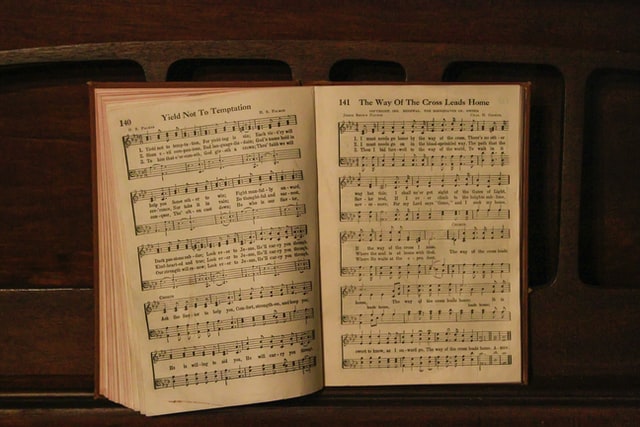Rachmiel Frydland was one of the most beloved figures of the early days of the Messianic Jewish movement in America. Rachmiel was a rabbinic student in Poland, and as a young man fled the Nazis in the Polish forests. He survived the Holocaust. He knew the Rabbinic traditions well. Then he very powerfully came to know Yeshua. He was a teacher to many of us. In sharing about Judaism, Rachmiel often noted that he perceived a significant distinction between the dry legalistic arguments of the Talmud and the spirit of the Siddur, the Jewish liturgical worship/prayer book for Daily and Shabbat usage. His evaluation of the former was quite critical but his evaluation of the latter was very positive.
I have come to agree with Rachmiel. In my view, after study and usage, I find that the Siddur provides us with a very accurate theology of the Hebrew Bible. Praise and prayer is based on quite a comprehensive understanding. This shows us a tradition of some people that was very attuned to the Bible, people with a strong poetic and spiritual sensitivity. Of the sensitive poet who is a worshipper will perceive the theology of the Bible with greater accuracy than the mere intellectual scholar. The worship of the Siddur reveals a majestic Creator, wonderful in love and mercy, but who also is a judge to be feared. It is a God of compassion and a God of wrath. The Siddur also reveals that salvation is only possible through the grace and mercy of God and that our good works are not able to save. This is in contrast to the conclusion one might draw from some other Rabbinic writings.
Someone once remarked that when Methodists sang the Methodist hymns over a significant period of time, they were discipled in a very comprehensive understanding of Methodist theology. The basic liturgy of the Christian Churches plus the hymns of a good historic hymnal do indeed provide quite a comprehensive and solid theology. The hymn writers usually write from a deep life of devotion and thus perceive Scriptural truth in a very deep way. A good hymnbook teaches well on the nature of this love and mercy but also teaches us about his justice and wrath. It reveals the greatness of salvation in Yeshua. It also calls us to total consecration. The hymn writers knew the majesty of God, expressed amazement at his Creation, and the danger of his running afoul of his justice and thus incurring his wrath. We were saved by Yeshua from the wrath of God. The hymn writers also knew the power of the Spirit that it overwhelms us, the gifts of the Spirit, and the great hope of the return of Yeshua. Concentrations on different aspects of the life of Yeshua provide a marvelous devotional content.
Of late, not a few have pointed out the shallowness of popular theologies today. Some teach a love of God where there is no fear of God and a mercy of God where there is no wrath or judgment. There is an indulgent God who looks the other way when his Law is violated. Some teach a salvation that does not require repentance, God’s transforming work in the heart, and consecration. I have not done a comprehensive study of contemporary worship songs. There are some very excellent ones. However, I wonder if one of the problems is that today’s worship content may not be discipling us in the full counsel of God in a way that Siddur, liturgy, and hymnal did in the past. Somehow the historic worship reflected more of a comprehensive grasp of the Bible by very spiritual people. One of the keys to good theology is taking into account all that the Bible says on a subject. The tradition of worship is amazing on this. I try to do that my book series and to show this approach. In the books, Heaven, Hell and the After Live, Spiritual Warfare, and Prosperity I try to give a trustworthy survey on the Bible’s teaching as opposed to shallow and partial approaches. I have been amazed at how much historic worship is trustworthy.
